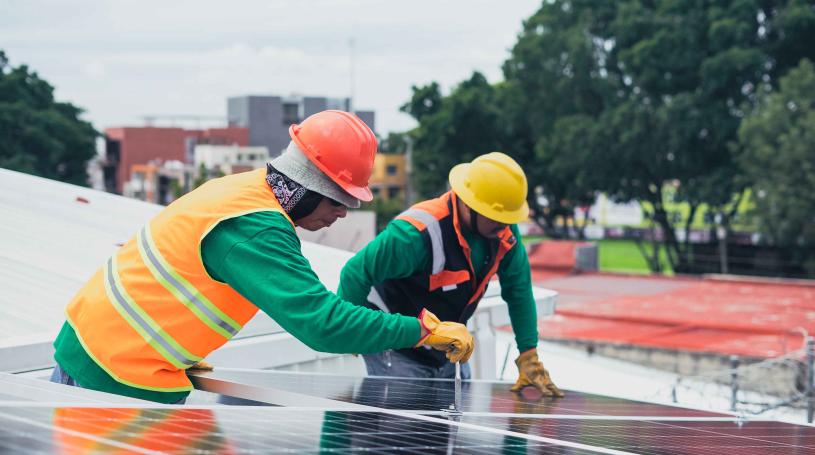Record-breaking capital budget spend for City’s Energy Directorate
The City’s Energy Directorate has achieved a record-breaking 96,86% of its R1 billion capital budget spend for the last financial year (2022/23). This sends a strong signal of the City’s ability to perform as Cape Town forges ahead to end load-shedding over time and invests in reliable, diversified energy provision.
"The rapidly changing energy environment is giving well-run municipalities such as Cape Town a chance to truly reduce their sole reliance on Eskom for power, and move to cleaner, more affordable and secure sources of energy. With this record capital budget spend, it shows the commitment, competence and determination of this administration to invest in reliable services for a growing Cape Town and to put in place the foundations to end load-shedding over time.
"Some of the big capital projects we invested in last year is the mammoth R145 million Morgen Gronde switching station in Brackenfell, the installation of solar PV in municipal buildings, LED retrofitting of streetlights; and further investment in municipal energy efficiency.
"Looking ahead at the total budget allocation from the new financial year, approximately R1 billion has been set aside for the refurbishment and extension of the Steenbras Hydro Pumped Storage Scheme and approximately R200 million is earmarked for the maintenance of Steenbras over the next nine years, subject to due process," said the City's Mayoral Committee Member for Energy, Councillor Beverley van Reenen.
Overall, Cape Town is planning to add up to one gigawatt of independent power supply to end load-shedding in the city over time, with the first 650MW of this within five years, including enough to protect against four Eskom load-shedding stages by 2026.
The energy supply mix could include:
- Embedded IPP renewable energy (200MW) – with the goal to diversify electricity suppliers for more reliable, cost-effective electricity
- Dispatchable Energy (up to 500MW) – a key load-shedding mitigation mechanism, with 10-year power contracts for renewable energy plants which need not be embedded in the City's network
- Wheeling (up to 350MW) – a City-enabled means of third parties selling electricity to each other using existing and new grid infrastructure
- Private Small Scale Embedded Generation (up to 100 MW) and small-scale electricity sales under the Cash for Power programme for residents and businesses with solar PV generation capacity
- City-owned SSEG (up to 20MW) from the Atlantis plant (7MW) and solar PV at City facilities (13MW)
(Media Release: Issued by the City of Cape Town)

